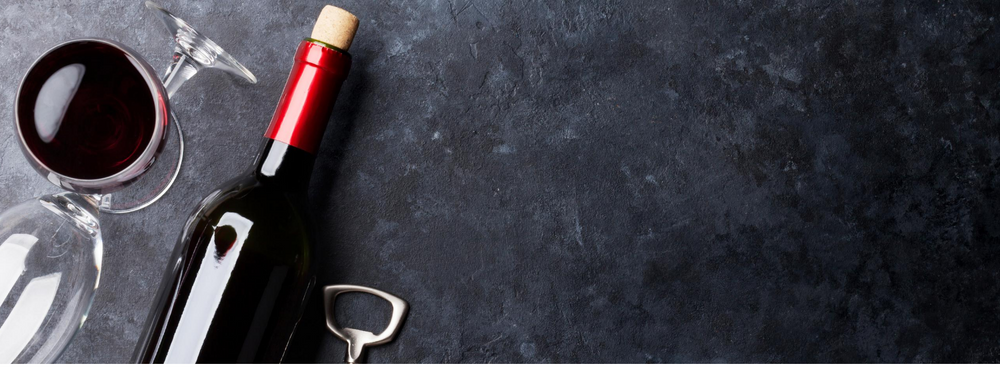How Wine Can Help Your Heart

We know you’ve heard it. A glass of wine with dinner is good for your heart. But is it really? And if it is, how much and how often?
Population data has shown that moderate alcohol intake, and especially moderate wine consumption, is associated with lower rates of heart disease.
The results from a recent clinical trial support that conclusion. The study included 224 patients with controlled diabetes who were following a Mediterranean diet. These individuals were randomly assigned to drink either 5 oz of red wine, 5 oz of white wine, or 5 oz of mineral water with dinner every day for two years. Individuals were excluded from the trial if they already drank more than one alcoholic drink per week, or if they had a personal or family history of heart attack, stroke, or addiction. Alcohol consumption was tightly monitored.
At the end of two years, the researchers found that those who consumed 5 oz/day of red wine each day were rewarded with an average 2 mg/dL increase in their HDL (good) cholesterol compared with those drinking water or white wine. That 2 point increase translates into a 6% reduction in heart risk.
While there were no significant changes in HDL for the white wine group, they achieved significantly decreased fasting blood sugar levels, by 18 mg/dL, compared with the mineral-water group and the red wine group.
Both wine groups also had significantly improved triglyceride levels, by about 10 mg/dL. There were no significant changes in blood pressure, liver function, adiposity, or drug treatment, and no adverse events/symptoms were reported in any of the groups over the course of the study. Sleep quality was improved in the subjects assigned to wine.
The conclusion seems clear, right? Have a 5 oz. glass of wine with dinner. But alcohol is not a benign substance and deciding how much and what to drink can be tricky. Here’s how to put these results into practice.
First, don’t assume that a glass of wine with dinner will fix everything. The changes in HDL, blood sugar and triglycerides were statistically significant and meaningful, but they were not game changers. Changing your diet, losing weight and increasing your physical activity are even better ways to get to the same result.
Second, remember, alcohol is not for everyone – especially those who have ever had issues with addiction. In the study above, a family history of addiction kept subjects from participating. So don’t start drinking wine or other alcohol if you’ve ever had any issues with addiction in the past.
Third, notice that the study “dose” of wine was relatively small and consistent – only one 5 oz serving per day. And no one got to save up all their wine for the weekend. So if you’re going to drink, drink only small amounts regularly. Measure out 5 oz in your wine glass to get a sense of what that looks like.
Fourth, while there were some differences in the effect of red and white wine, both positively affected risk factors for heart disease. However, if lowering blood sugar is more important for your particular situation than raising HDL, white wine might be the better choice.
And finally, it’s important to remember the context. The advantage of wine in this study occurred in the setting of a Mediterranean diet which means whole foods, plant based and non-processed. Better health can only be achieved upon a foundation of better food.
Reference: Gepner Y, Golan R, Harman-Boehm I, et al. Effects of initiating moderate alcohol intake on cardiometabolic risk in adults with type 2 diabetes. Ann Internal Med 2015; DOI:10.7326/M14-1650. http://annals.org/article.aspx?articleid=2456121

Tested & Proven Results.
- Cardiologist formulated
- Supported by over 500 publications
- Clinically-proven, in a double-blind randomized trial with Mayo Clinic and The University of Manitoba
80% of participants lowered their cholesterol in just 30 days. With just two servings per day, Step One Foods offers a proven-effective way to naturally lower LDL (bad) cholesterol.
Get heart health tips and articles like this, delivered right to your email.
New articles every week.
You may also like...

Insulin Resistance, Prediabetes and Type 2 Diabetes. Part 4: Un-Doing It.

You don’t need to avoid foods with cholesterol…except for these



